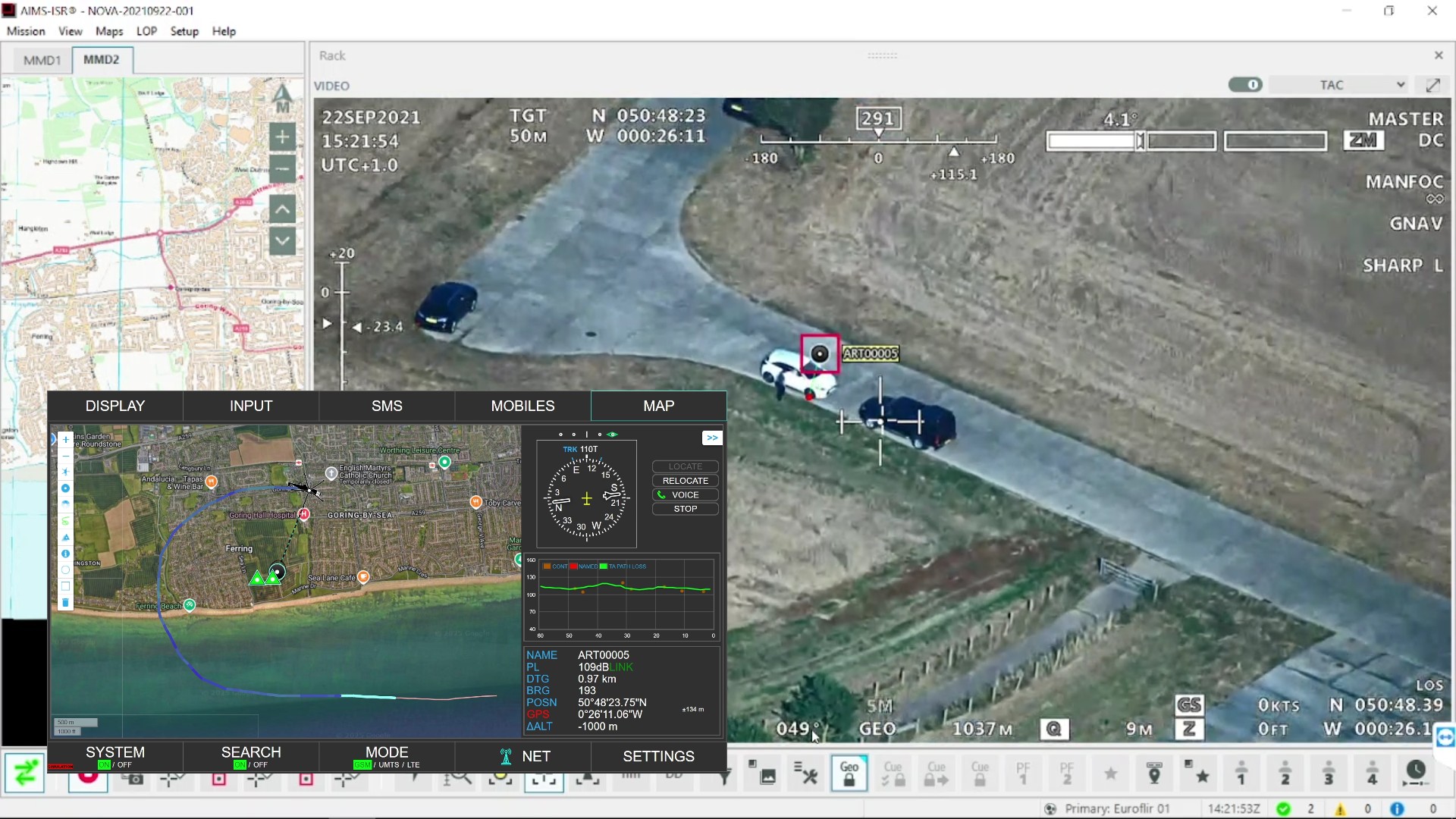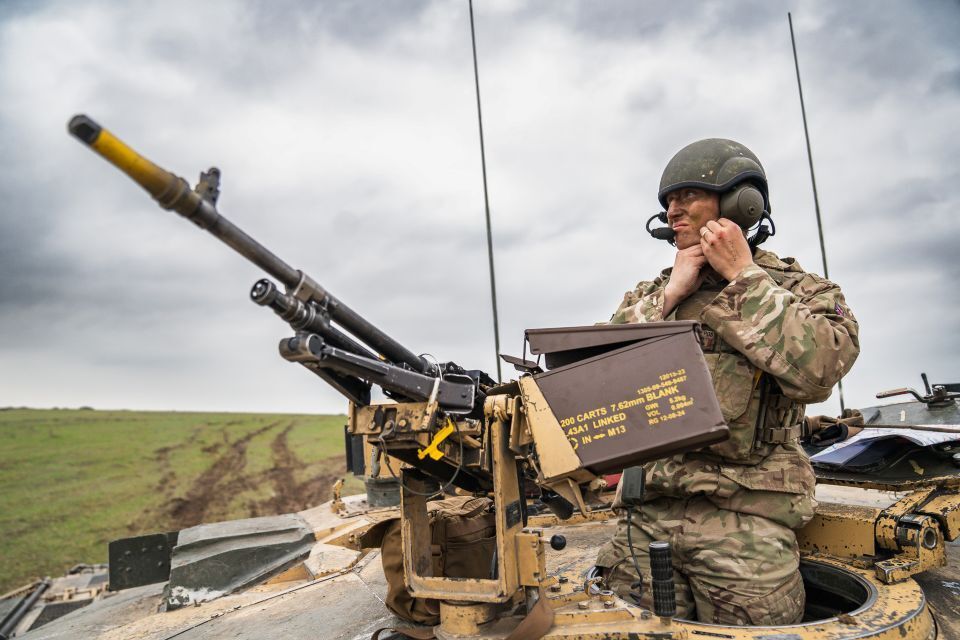Can wearable tech data improve soldiers' wellbeing?

Image courtesy DASA
Wearable devices are of interest in the defence community as a way of gathering data that can be applied in tools that support and protect the capabilities of soldiers. By utilising the power of wearable sensors to collect physiological data (physical or molecular parameters) in real-time, we may be able to accurately monitor for signs of injury and potentially predict these injuries before they occur. The overall objective being to maintain and improve soldier health and wellbeing.
To date, there remain gaps in the evidence base to support what metrics can be robustly measured by wearable technologies and how data from these platforms might demonstrably improve decision-making in a defence context.
The Defence and Science Technology Laboratory (Dstl) therefore seeks to understand what metrics can be reliably collected to provide credible value to the defence community (i.e. are of value in supporting confident decision making). On their behalf, the Defence and Security Accelerator (DASA) is launching a new Innovation Focus Area (IFA): Next Generation Wearable Technology.
This Innovation Focus Area seeks demonstrations of what data can be gathered from wearable technology, and how this data might support more effective decision-making by defence users to prevent injury to defence personnel.
Funding
DASA expects to fund proposals within Technical Readiness Level 3 – 6 (TRLs) up to £200K for a 12 month contract
Seeking demonstrations of wearable tech that provide robust, actionable insight
DASA and DSTL want to understand what metrics we can collect from wearable technology platforms, and how they add value to defence end users. In addition, we seek proposals that show how wearable technology can provide actionable insight to inform decision-making pathways regarding health and wellbeing.
Solutions sought by DASA
This new Innovation Focus Area (IFA): Next Generation Wearable Technology, targets two key themes:
Theme 1
Demonstration of new sensor technologies and of the data generated from these sensors against existing validated measures.
And/or
Theme 2
Exploitation of data from current or novel wearable systems to provide prognostic insights into human health and wellbeing.
Technologies may include:
- demonstration of measurements that cannot be made by wearable technologies, such as hydration status, a stress marker, cardiac measure or other, pertinent metric
- improvements in quality, robustness and longevity of measurements that can be made using wearable devices
- form factors that enable collection of data in a minimally intrusive format and thus may be more exploitable for defence customers
- experimentation using wearable sensors in combination with data analysis to measure environmental effect on individuals
- physical, psychological and environmental stressors such as heat or cold, altitude, infection and acute and chronic stress, relative to participant specific baselines
If you have an in-depth understanding of emerging capabilities, technologies, initiatives and novel approaches that may help DASA understand the capabilities of wearable technologies, they want to hear from you.
The closing date for proposals of this IFA is 5th January 2022 at midday BST. A second cycle will run from 5th January 2022 to 2nd March 2022.
Click here for further information on the competition and to submit a proposal.











